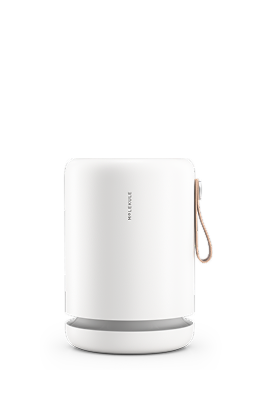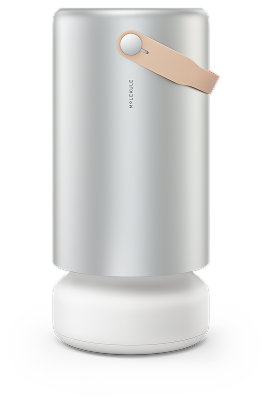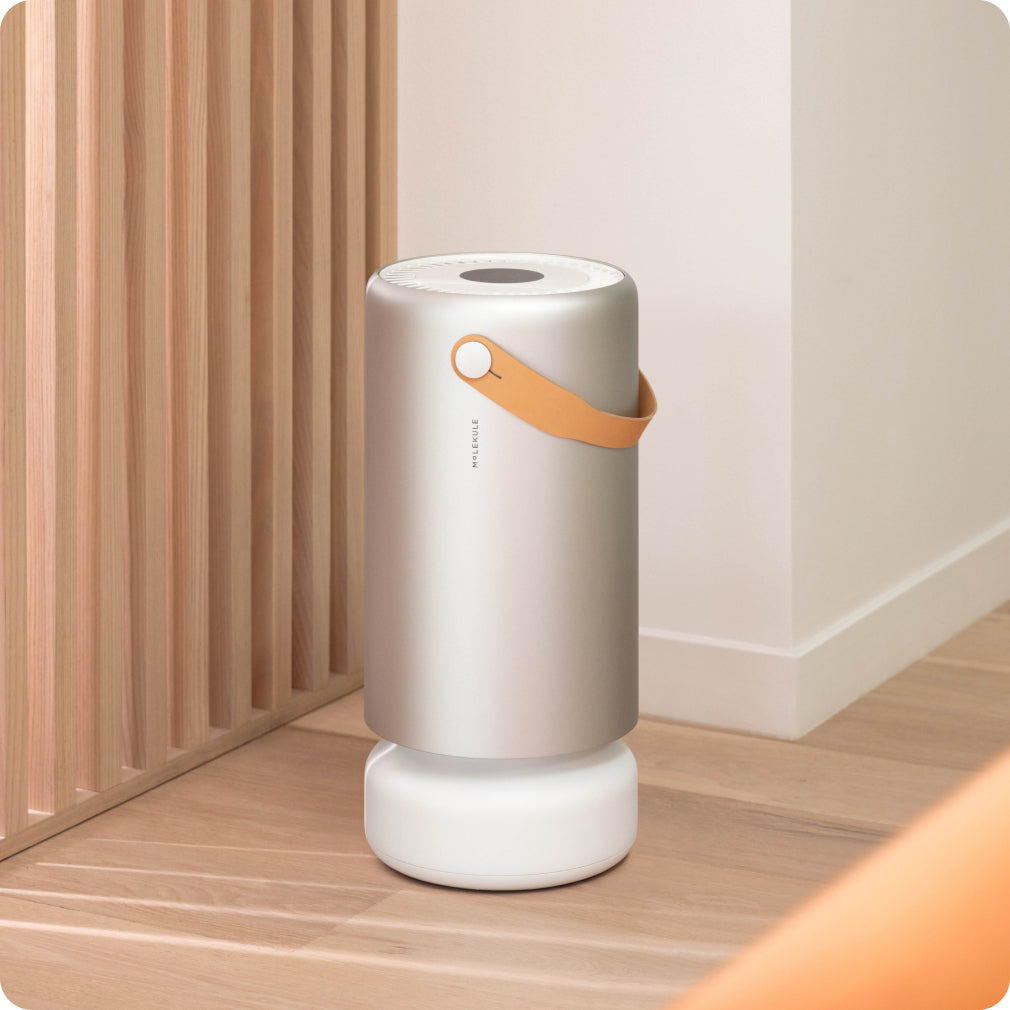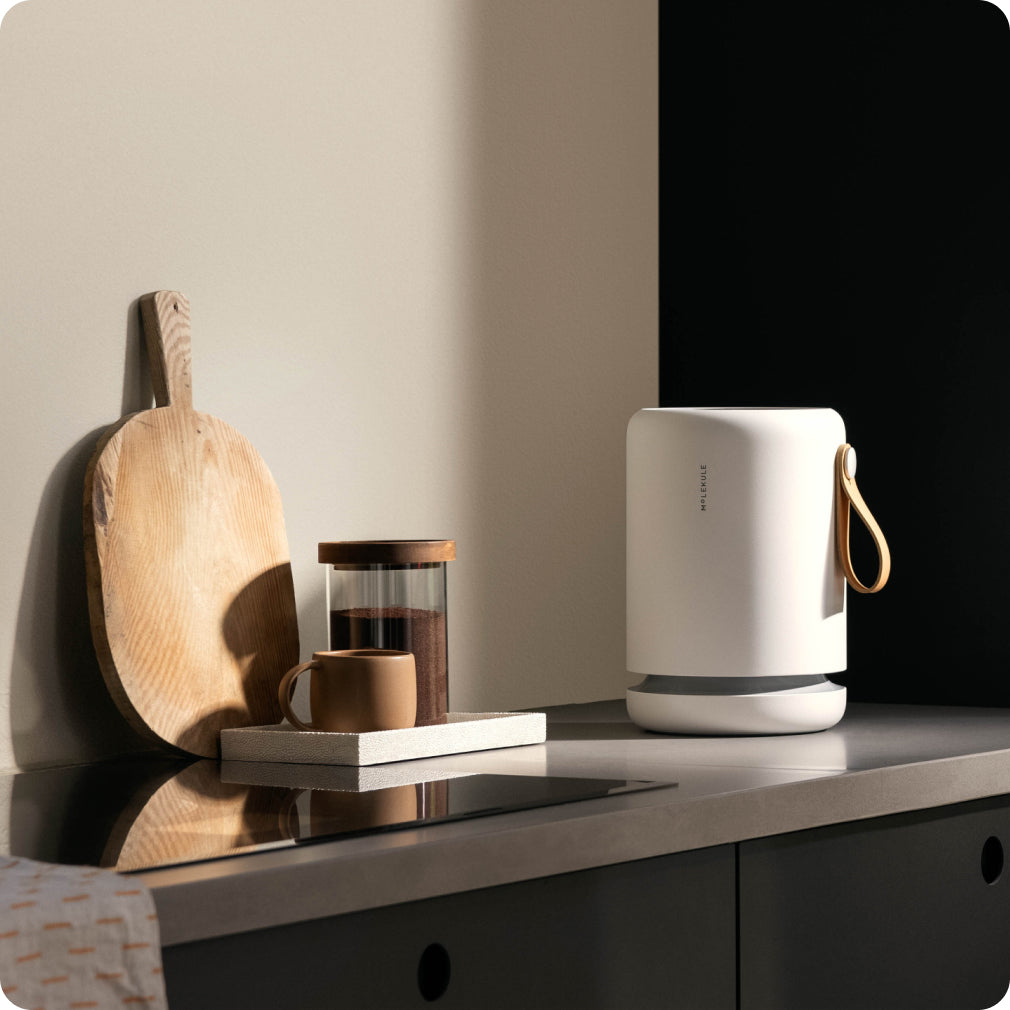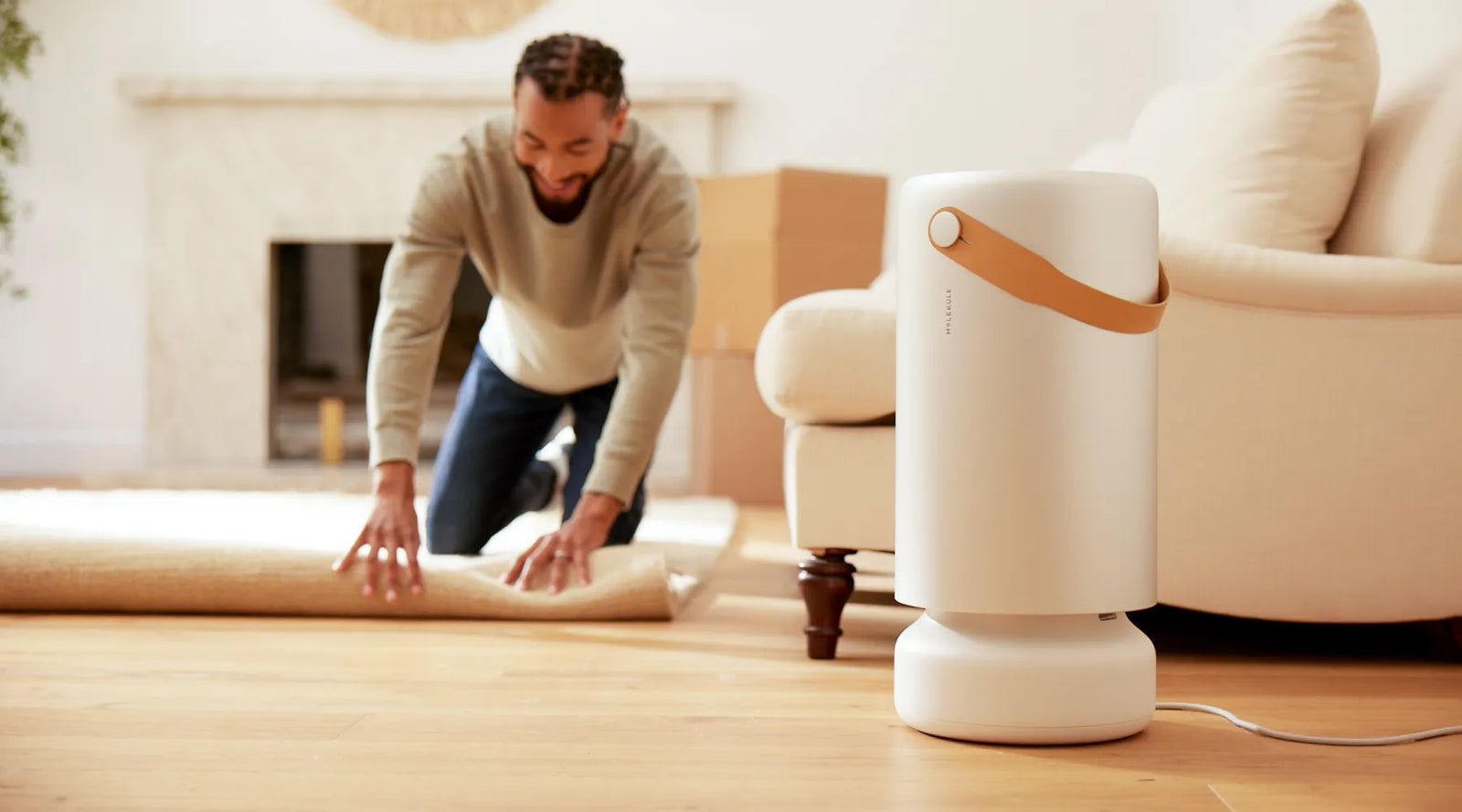Any seasoned chef knows that the most delicious meals can also be some of the stinkiest. Fried foods, sizzling bacon, fresh fish—and the list goes on. Cooking odors come from particles and gases released into the air while you cook, and they can be a sign of poor indoor air quality. So, no matter how great your dinner smells while you’re cooking, you’ll probably want to take steps to keep the odor from sticking around.
How to eliminate cooking odors
Here are our top tips for getting rid of cooking smells in your house:

Ventilate your kitchen with a range hood and open windows.
The quickest way to banish cooking odors from your kitchen? Give them someplace to go! So, try opening your windows before you start cooking. (Just check your outdoor air quality first.) If you have a range hood, keep it on while you cook to help dispel food smells.

Simmer odor-killing potpourri.
To make super-simple homemade potpourri to take the edge off the food smell, boil some water in a large pot, add your potpourri ingredients, and let it simmer on low. How long is up to you, but make sure to add more water if it starts evaporating. Potential potpourri ingredients include lemon halves, cloves, cinnamon sticks, fresh mint, rosemary, and citrus peels.
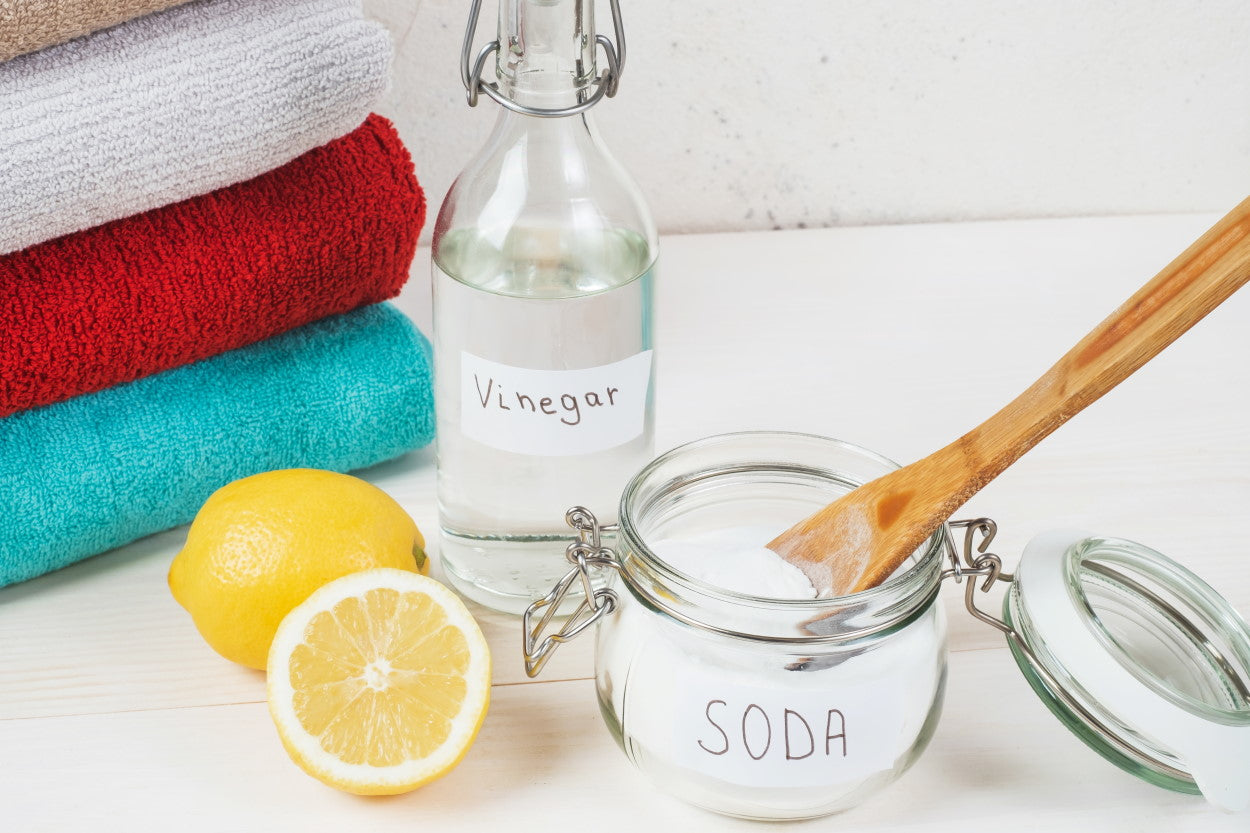
Leave out vinegar or baking soda.
If you want to avoid smelling Taco Tuesday for the rest of the week, try setting out a bowl of white vinegar or baking soda to help neutralize the odors. You can leave it out for up to 24 hours, as long as it’s somewhere it won’t get disturbed by children or pets.

Channel your inner barista with coffee grounds.
The nitrogen in coffee beans gives them the power to absorb odors. So, if your kitchen is a little on the stinky side, try putting unbrewed coffee grounds in a bowl and leaving them out for a few hours or longer. Or, if you’re looking for a caffeine boost, you can always brew yourself a cup. Win-win!

Use an air purifier.
Though stovetop potpourri and open windows can do wonders for a smelly kitchen, they may not be enough to truly clean odor-causing pollutants from the air. An air purifier can help pick up the slack. For example, the Molekule Air Mini+ traps and destroys odor-causing gases. You can also track your real-time and historical air quality stats on the Molekule app to see how much cooking impacts your indoor air quality.

Clean immediately after cooking.
When food sits out, it starts to smell. To minimize cooking odors, start cleaning up as soon as you’re finished cooking. Wipe down surfaces like your counter, stove, and the inside of your microwave. Wash used cookware as soon as it cools, and run your dishwasher when it’s full for the night. Lastly, seal leftovers in an airtight container and put them in the fridge.

Keep your trash can clean.
Empty your trash can regularly, and take any especially smelly foods—like leftover broccoli, onion peels, or burnt food—outside right away. To keep things extra fresh, sprinkle a little baking soda in the bottom of your trash can before putting in a new bag.

Clean your sink and deodorize your garbage disposal.
To avoid a smelly sink, simply wipe down your sink with a soapy sponge each time you finish washing dishes. And, when the garbage disposal starts to smell funky, toss half a lemon down there and run it.
Cooking odors shouldn’t keep you from making your favorite meals and inviting your loved ones over to enjoy them. With some proactive cleaning, ventilation, and after-the-fact odor control, you can keep your kitchen smelling fresh while cooking up a storm.
